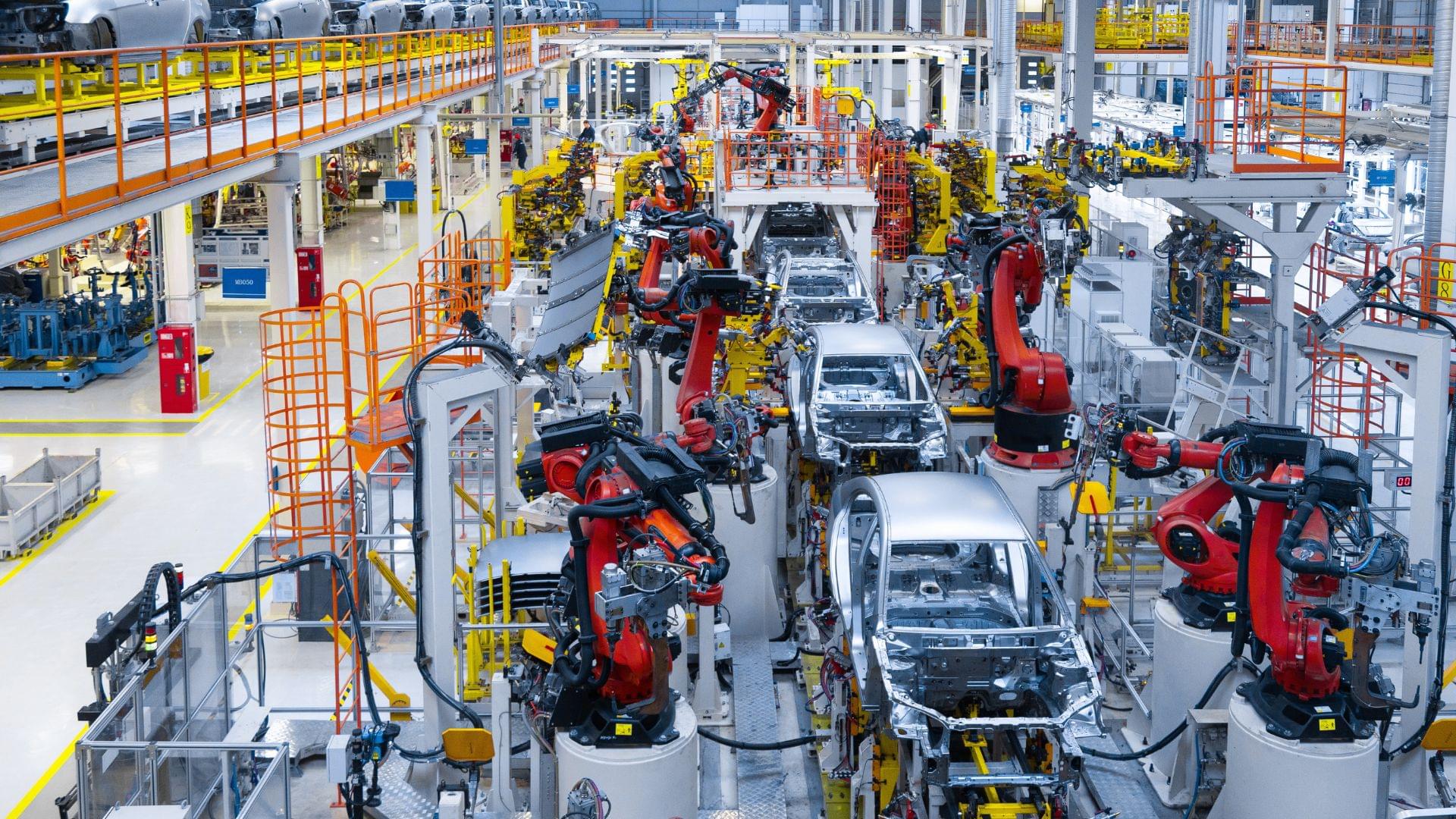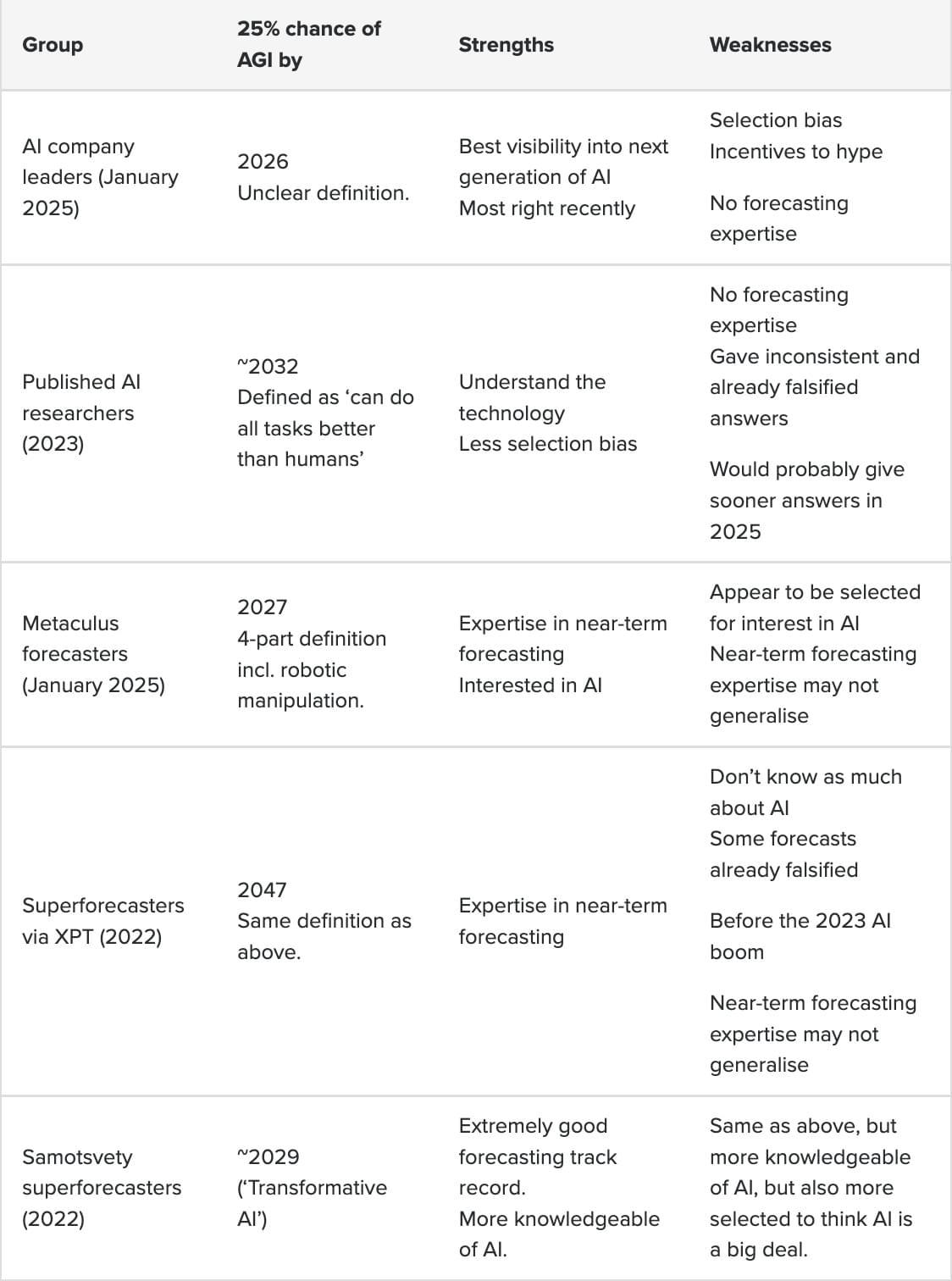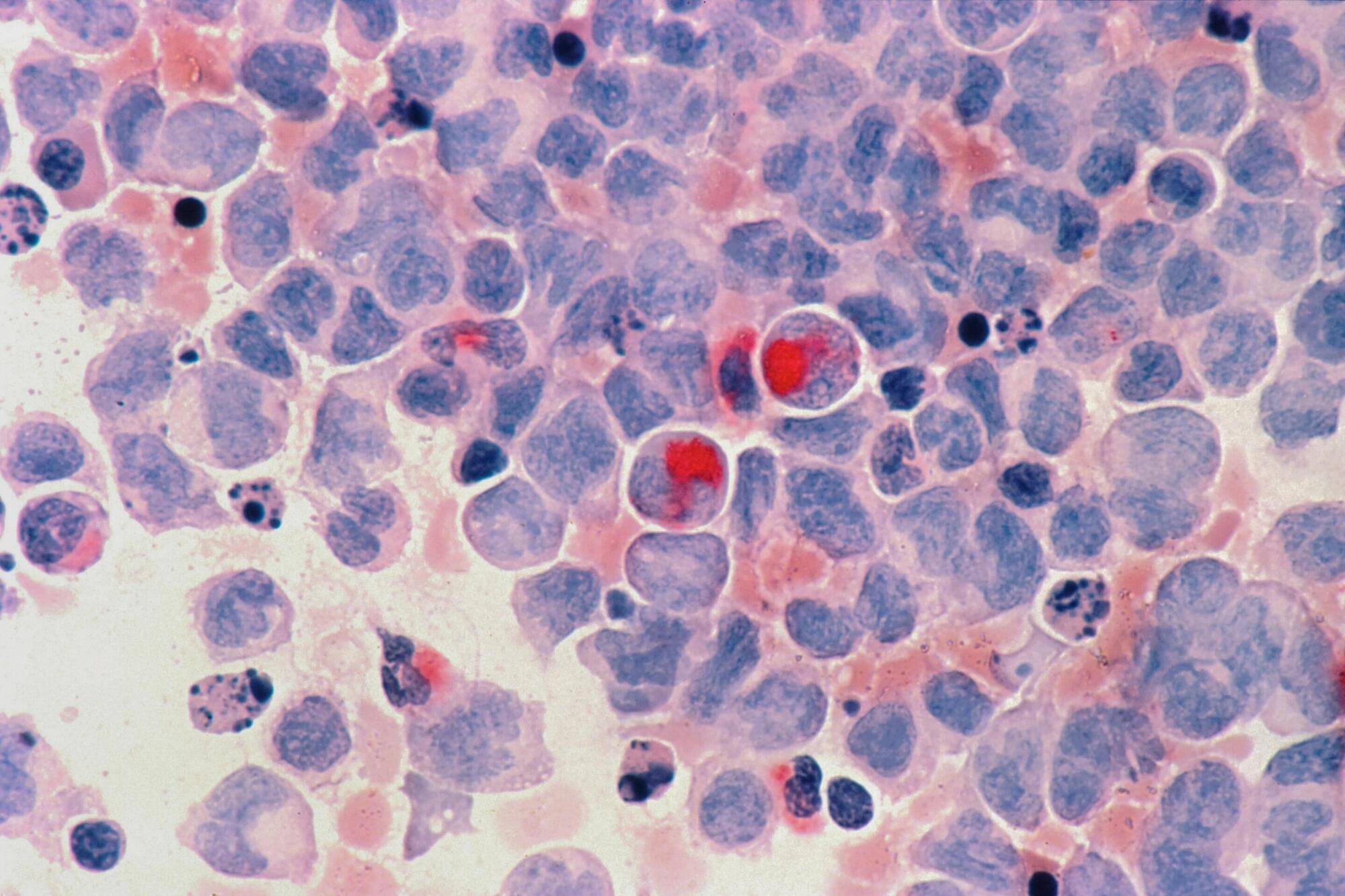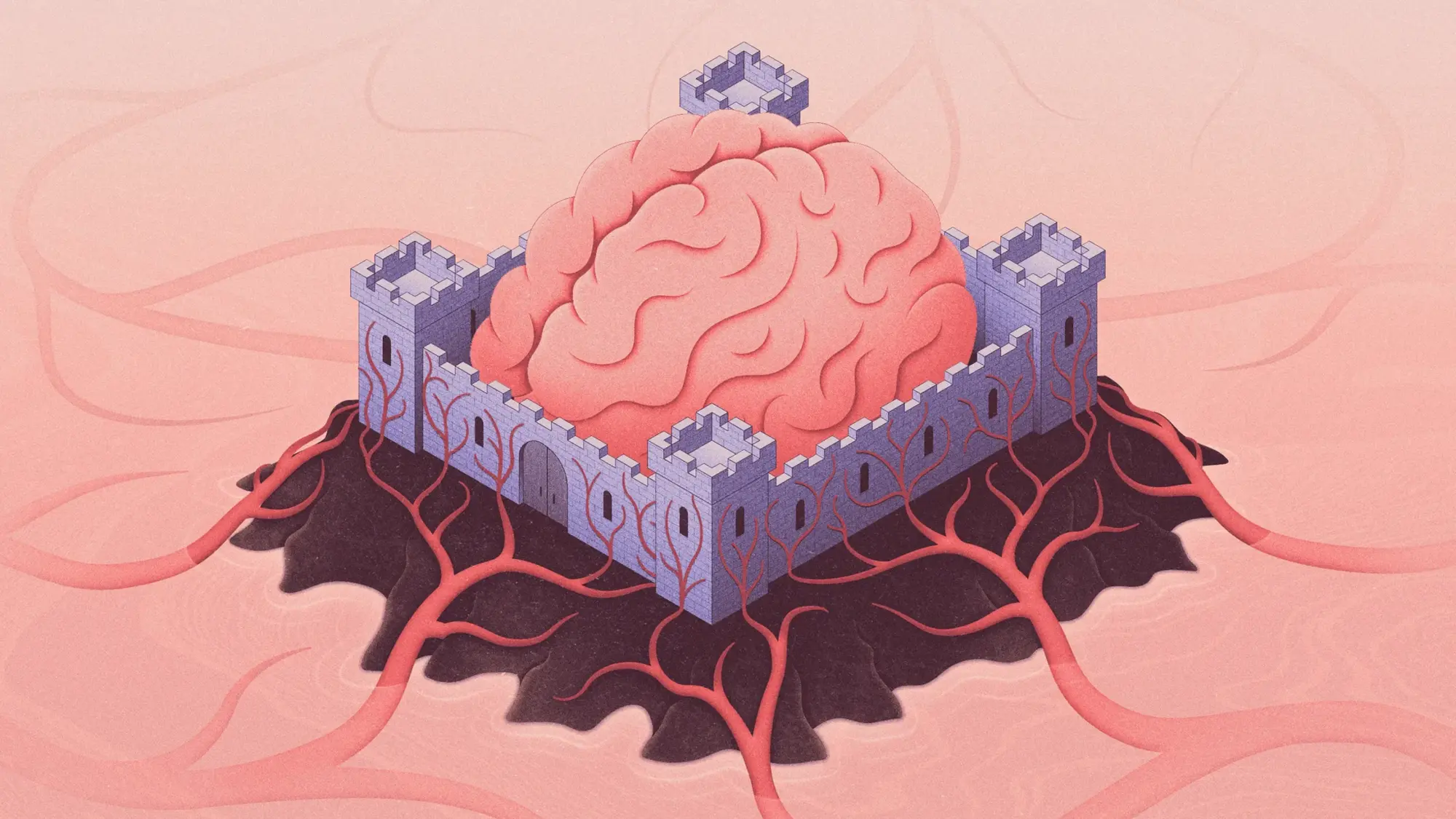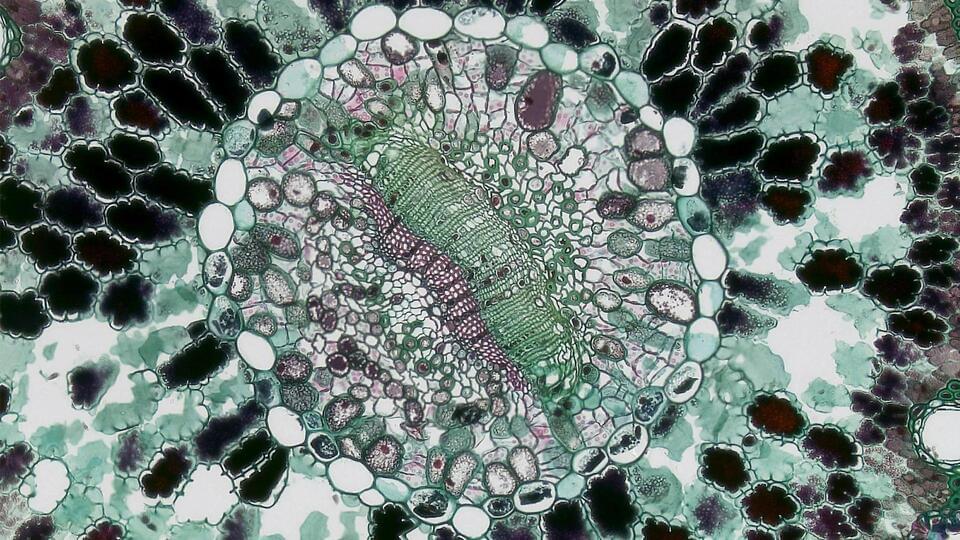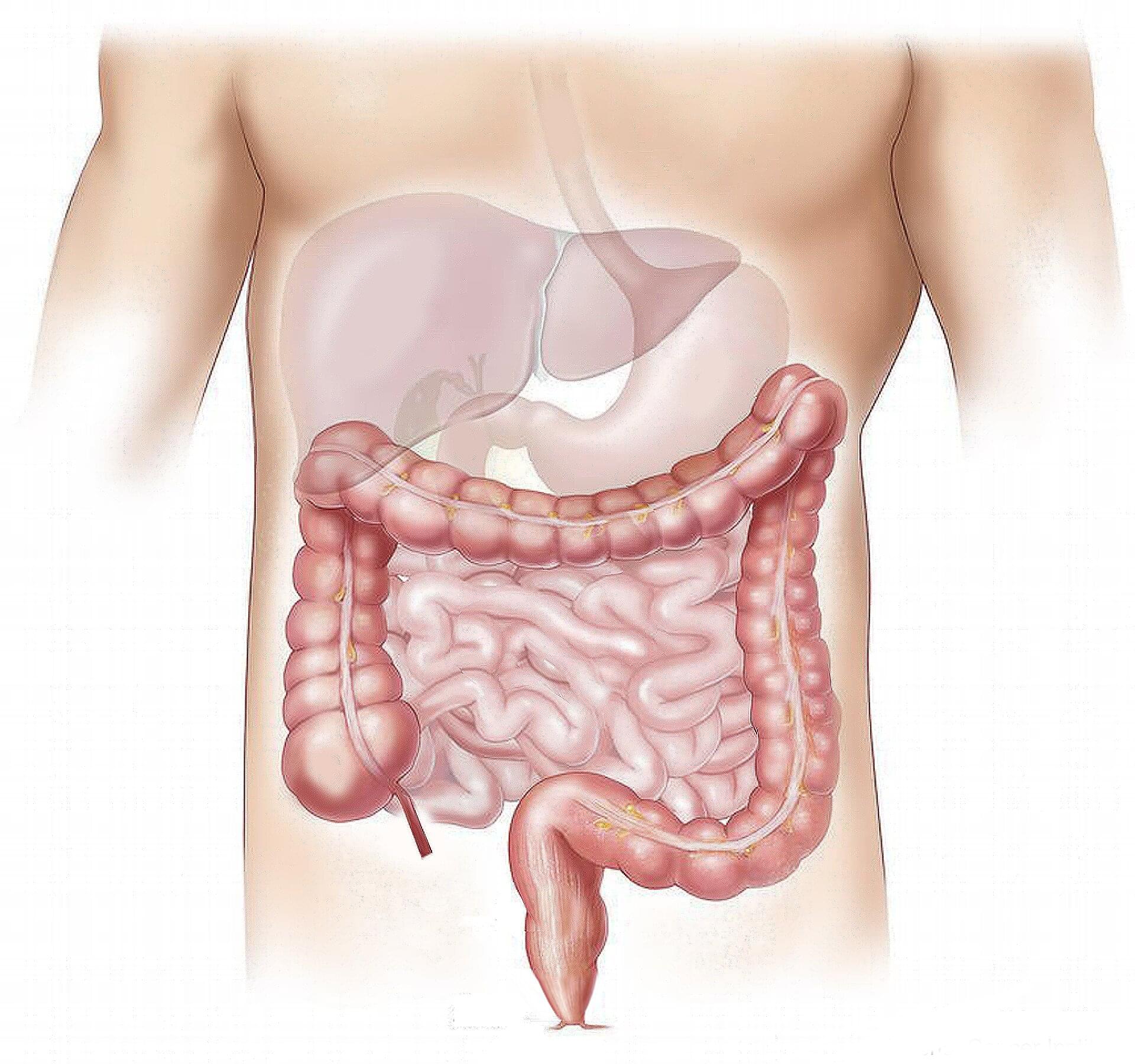In a new study published by researchers at quantum computing company Quantinuum and collaborators from Caltech, Fermioniq, EPFL, and the Technical University of Munich, scientists have used Quantinuum’s powerful quantum computer, H2, to simulate a notoriously difficult system—quantum magnetism —in a way that pushes beyond what classical computers can reliably achieve.
“Digital quantum computers are much more flexible/universal, but we have paid for that flexibility with many technical challenges,” Dr. Michael Foss-Feig of Quantinuum and the paper’s lead author told the Debrief.
“This paper is an indication that we are finally moving these more flexible/universal machines into the realm of practical (and scientifically illuminating) quantum simulation,” Foss-Feig said.


